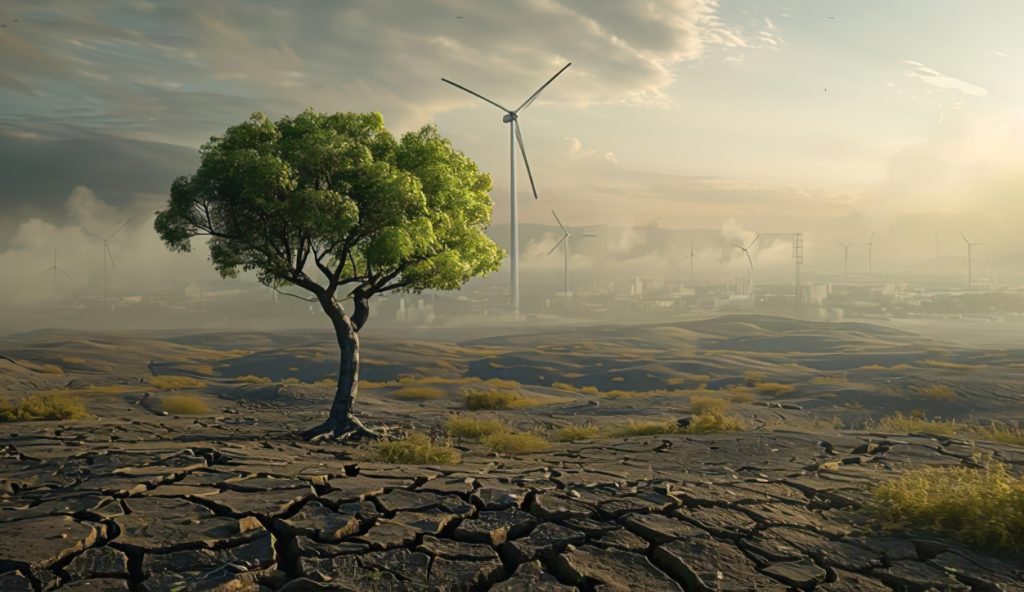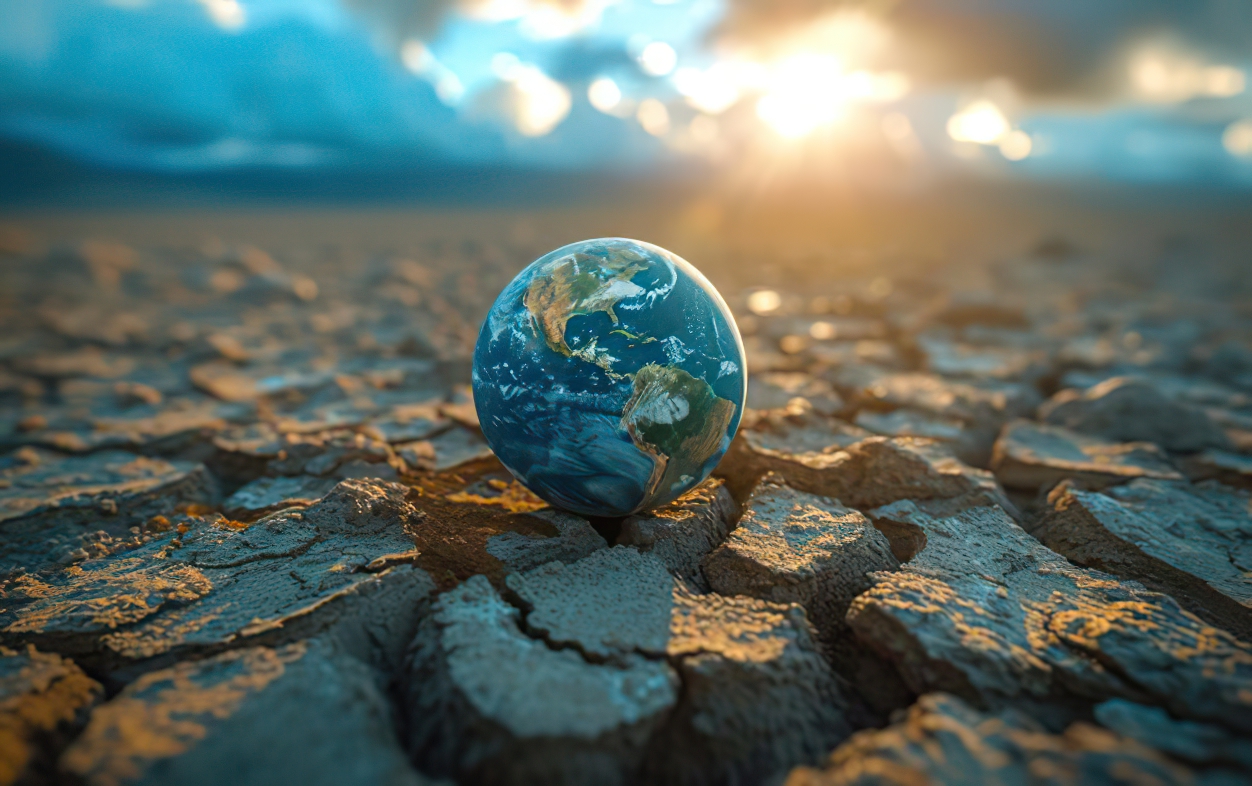Climate change is a massive problem. Luckily, artificial intelligence (AI) is stepping up to the plate to help out. Let’s dive into how AI is making a difference in climate change research and what that means for us.
What is AI?
First, let’s clear up what AI is. AI stands for artificial intelligence. It’s a type of computer programming that allows machines to learn from data. AI is like teaching a computer to think like a human, but much faster! It can look at tons of information and figure out patterns or make predictions.
Why Use AI for Climate Change?
Climate change affects our planet in many ways. Scientists are always looking for better tools to understand these changes. AI offers some big benefits:
- Speed: AI can analyze data much faster than humans.
- Accuracy: Machines don’t get tired, so their work stays accurate.
- Big Data Handling: AI can sift through endless amounts of data.
Areas Where AI is Helping
AI is being used in several key areas to help fight climate change:
Predicting Weather:
- AI helps forecast extreme weather events.
- Knowing these in advance saves lives and property.
Monitoring Climate:
- AI watches changes in the environment.
- It can track things like rising sea levels or deforestation.
Reducing Carbon Footprints:
- AI can suggest ways to save energy.
- It can help manage power grids to make them more efficient.
Real-life Examples
Let’s look at some examples of AI in action.
1. Google’s AI for Climate Change
Google has AI tools for predicting floods. This helps warn people before the water rises. Google’s AI uses tons of data from rivers, weather forecasts, and terrain models to make accurate predictions.
2. IBM’s Green Horizons Project
IBM has a project called Green Horizons. It uses AI to predict air pollution. The project started in China and is now helping cities all over the world. The AI system gives specific advice on how to reduce pollution.
AI for Animals and Plants
AI isn’t just helping humans. It’s also playing a big role in protecting wildlife and plants.
- Animal Tracking: AI helps track endangered species.
- Plant Health: AI can detect disease in crops, which helps farmers take timely action.

Challenges and Concerns
AI is fantastic, but it’s not perfect. Here are some challenges:
Data Quality:
- Poor data leads to bad predictions.
- It’s crucial to have accurate and up-to-date information.
Cost:
- Building and maintaining AI systems can be expensive.
- This might be tough for poorer countries.
Ethics:
- AI should be used responsibly.
- Decisions made by AI need to be fair and transparent.
The Future of AI in Climate Research
The future looks bright with AI. Here’s what we can expect:
- Further Integration: AI will work with other tech like satellites and drones.
- Improved Predictions: As AI gets better, its predictions will become even more accurate.
- Global Access: More countries and organizations will use AI, making it a global effort.
Conclusion
AI is proving to be a powerful ally in the fight against climate change. From predicting extreme weather to reducing carbon footprints, AI is offering solutions that can help both people and the planet. While there are challenges to overcome, the ongoing advancements in AI offer hope for a better, greener future.
If you want to read more about how AI is transforming the world, check out this article on Forbes.
So, the next time you hear about AI, remember it’s not just about robots or smart devices; it’s also about saving our Earth.
“The best time to plant a tree was 20 years ago. The second-best time is now.”



